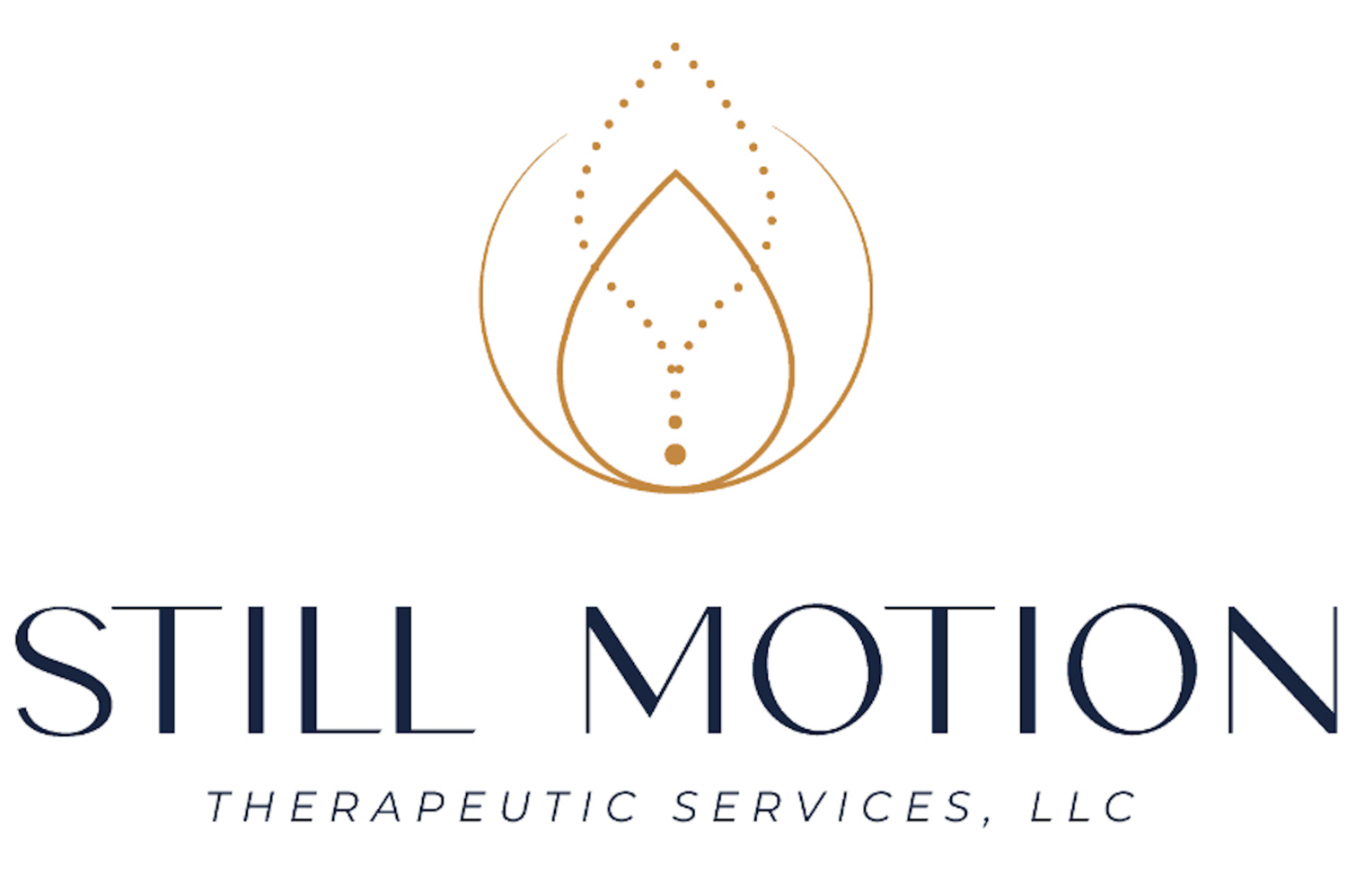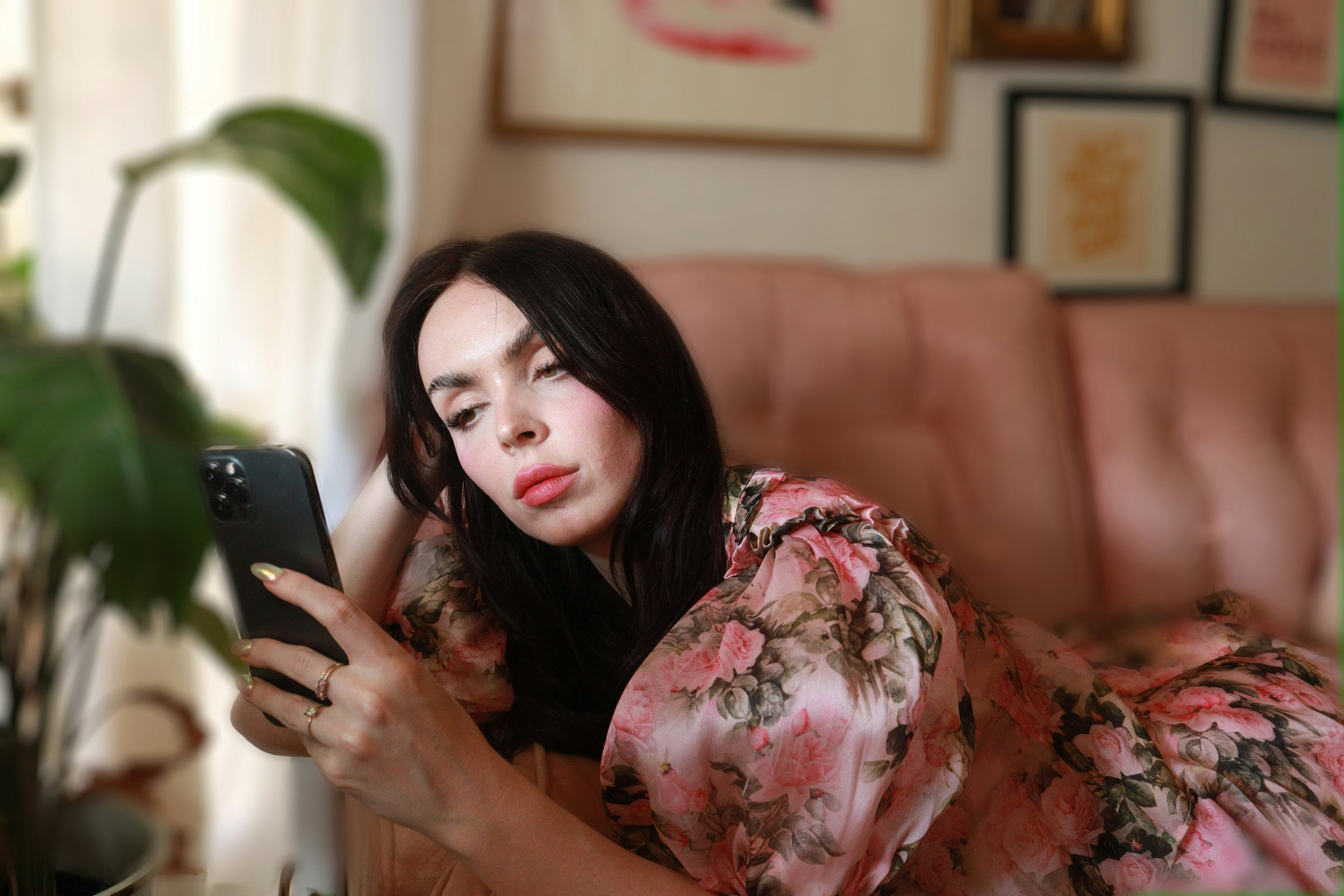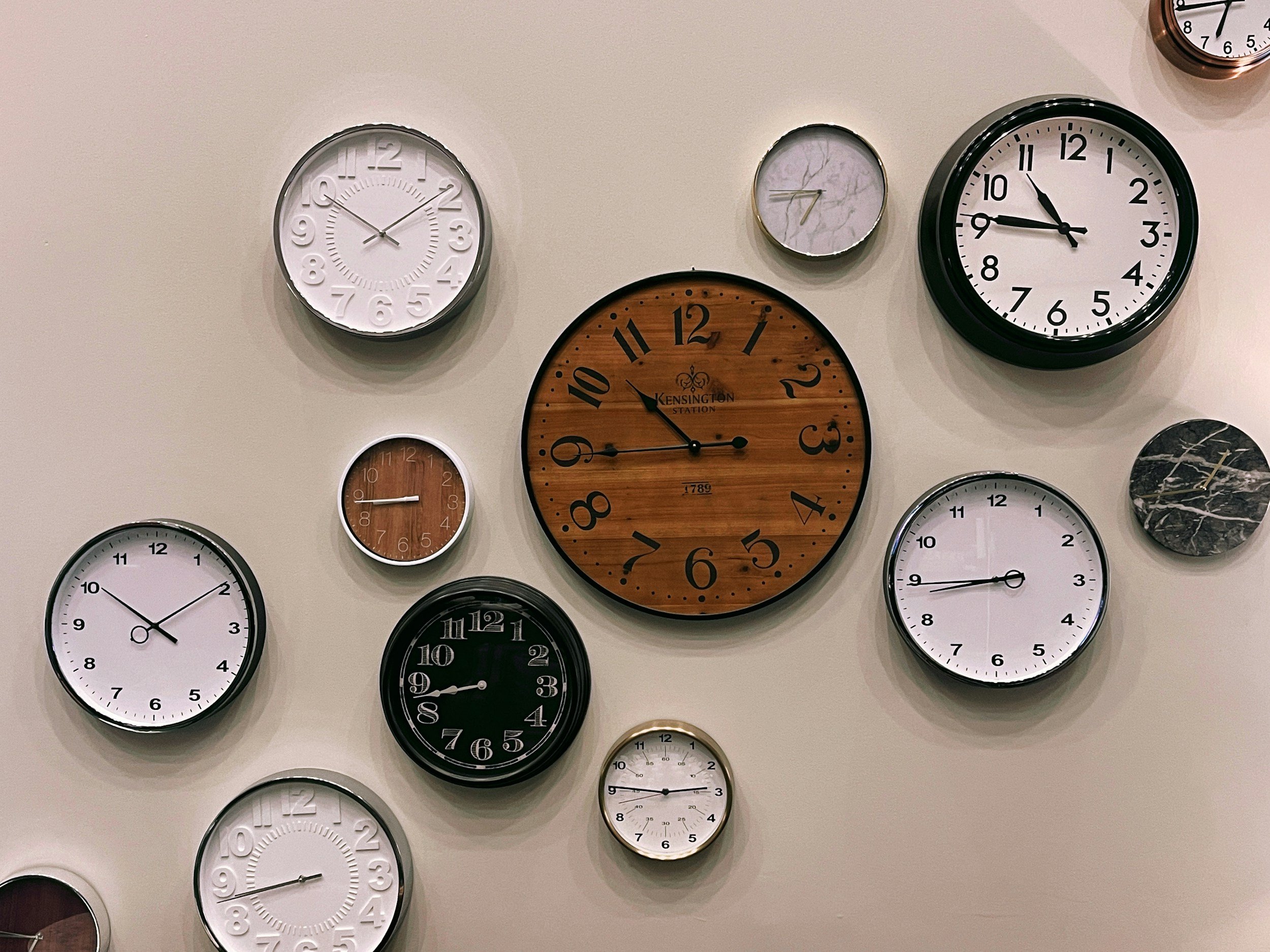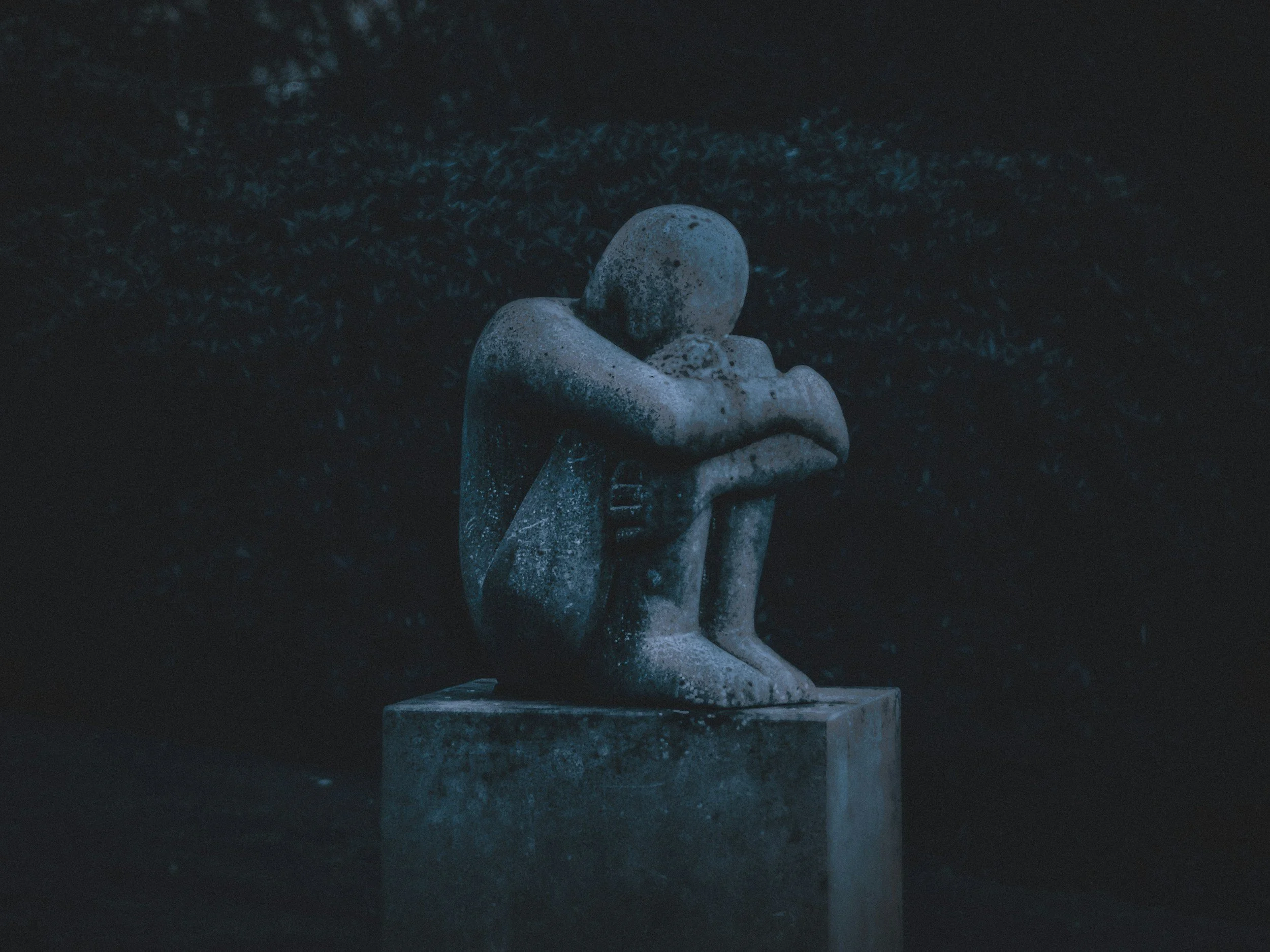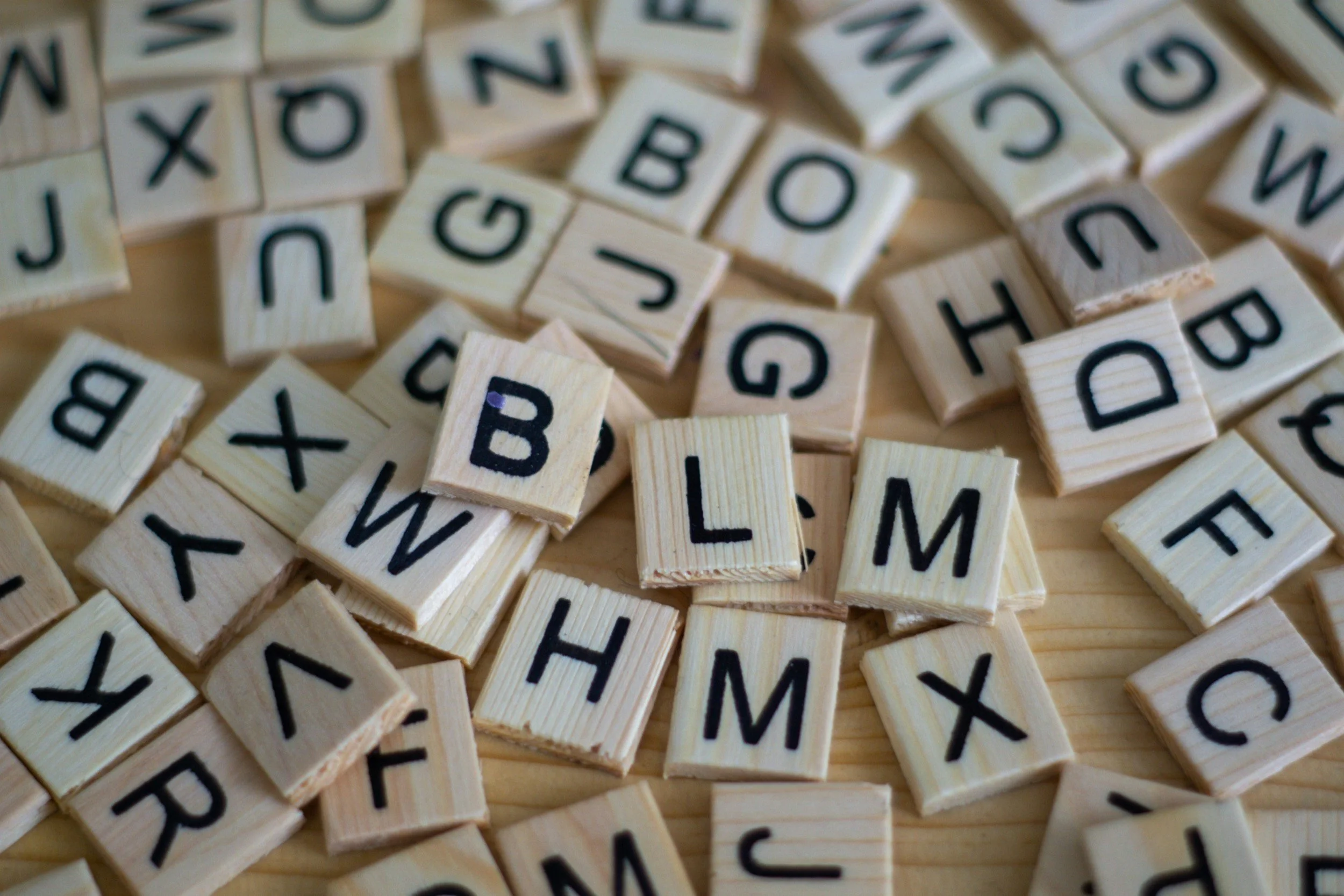The Default Mode Network, ADHD, and Why You Feel Everything So Deeply
/If you have ADHD and you’ve ever been told you’re “too sensitive,” “overreacting,” or that you “take things too personally,” there’s a neurological reason this might be happening — and it’s not a character flaw.
Read More